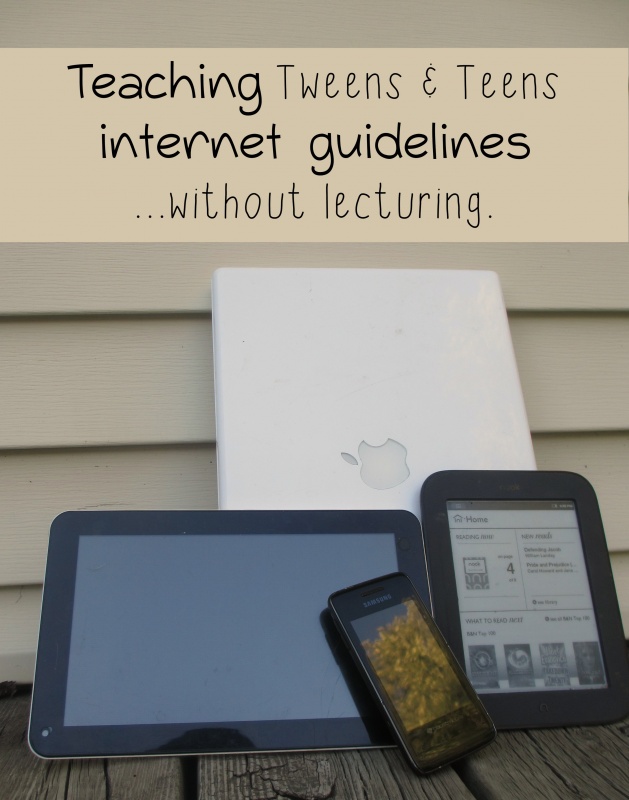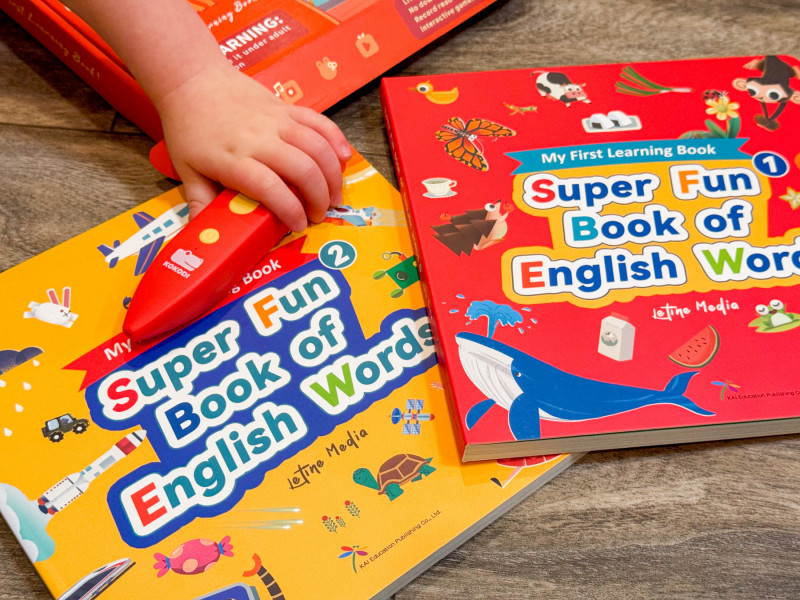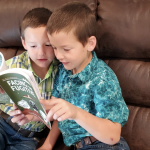Technology is improving so quickly and internet fads are coming and going quickly as well. I’m only 23 but on occasion I hear kids talking about some new site or app that has exploded in popularity months before that I hadn’t heard about. I sometimes worry about what my 11 year old sister comes across online, but I also know that being connected to the internet is a huge benefit for her as well. I know that when I was her age, I was more interested in listening to the young adults in my life than I was my parents. My parents didn’t have the internet as kids so listening to them or anyone else their age talk about internet safety just felt like a lecture. On the other hand, my sister in law who was in her younger 20s felt much more in touch with my life so I listened to her advice more often than not. I try to keep in mind that I have the ability to influence my kid sister’s behaviors online. I think the best way to do so is to stay positive so that she doesn’t feel lectured to. Instead of just lecturing her about internet safety, I try to have an ongoing dialog with her. Here are a few ways that I guide her through online safety and online sharing information:
1) Stay up-to-date with what she’s interested in. I remember being lectured about “sharing on Myspace” after all of us kids had already moved to Facebook. The lecturer immediately came off as out of touch and lost my interest. When my sister comes over I glance at the sites she’s using and start friendly conversations about what she’s doing. Right now, she spends the most time on YouTube so I talk to her about the channels she follows, watch some videos with her and we talk about the kids in the videos.
2) Talk about social sharing guidelines in regards to yourself. Instead of lecturing “don’t share this, don’t share that, this isn’t appropriate to share.” I try to again have an ongoing dialog. For example, one day I took a picture of my baby niece just wearing a diaper this summer and I intentionally pointed out that I wouldn’t share it online because I try not to share any pictures that depict our family members in a way that we wouldn’t dress or act in public. It’s important for kids to understand that sharing online is a lot like sharing in person. We shouldn’t behave online in a way that we wouldn’t behave in person.
3) Share your own mistakes. I once shared a funny story online that included someone else’s behavior. After posting, it occurred to me that the person may eventually be embarrassed by the story being public. I decided to delete the story and mentioned to my kid-sister that I should have thought it through because my intention wasn’t to embarrass anybody. I also mentioned that I felt bad because even though I deleted the story, it’s always possible for others to find content that was once posted online. Two mini-lessons in one.
4) Share awesome. My sister once mentioned how the kids she follows on YouTube seem to have really happy lives. I used this as a chance to discuss how it’s a great thing to share the positive aspects of your life. If you do great on a test, get a promotion or have a fun night at the movies it’s fun to share this information with your friends and family members. I also mentioned how it makes me feel good when I share positive aspects of my life online and my friends/family members comment and support me. It’s almost guaranteed that we won’t regret what we post online if we are posting the awesome aspects of our lives. However, I also explained to her that it’s important to remember that most people choose to only share the positive pieces of their lives. I mentioned that everyone has bad days, but most people choose not to share negative aspects of their lives online. I told her that I sometimes start feeling like others have perfect lives too, so I just make a point to remind myself that I’m not seeing everything. Again, my hope is that by being open and honest about my experiences will help her “get the message” without feeling preached to.
5. Use visuals. We had many speakers preach to us about online safety when I was in high school. The one I remember best showed us a true example of online danger. He came in, logged into Myspace (which was still popular at the time) and asked someone to let him search for information about them, he asked the student how much information she thought he could find on her. She said she thought he would be able to find her profile but wouldn’t be able to find any information about her school or where she lived. She was correct that her profile was private and hid her school and address information. However, her profile picture was of her sports team so he was able to use this information to determine where she went to school. This gave him a good guess for which town she lived in, and he used her last name and the town to pull up information about her relatives home addresses. She confirmed that the addresses really did belong to her and her aunt/uncle. It really opened my eyes to how easy it could be for predators to find information if we aren’t extremely vigilant. As a result, I feel that showing does a better job than telling. I used this “show, don’t tell” idea in regards to my sister and YouTube videos. I showed her an unedited video as well as an edited video that we had. We edited out lots of pauses, ums, etc. She seemed really shocked and amazed at how we were able to make the finished video look so seemless and “perfect” compared to the original footage. I think it made a big impact on her understanding of the YouTube channels she follows.
6) Discuss news stories. On occasion I come across stories about how underage teens are prosecuted as sexual offenders by sending or sharing photos of themselves or their boyfriend/girlfriend. It’s important for kids to be aware of the real-life potential consequences of sharing inappropriate content online via technology. Sharing real-life examples of kids who have gotten caught and faced serious consequences can help kids realize that people really do get caught and that the consequences are very real. I think kids have a tenancy to believe that their parents are overly cautious, and lecturing them to not doing something “just in case it goes bad” is less convincing than showing real life examples.
National PTA has partnered with LifeLock to create the #ShareAwesome campaign that seeks to encourage families to have a positive and open dialog about how to make positive, safe decisions regarding technology use. They believe that everyone benefits when you choose to #ShareAwesome so they are encouraging you to share awesome aspects of your day online for a chance to win prizes! My #ShareAwesome instagram pic is below.
Snap a photo of an awesome moment in your day and share it on Facebook, Twitter, or Instagram with the #ShareAwesome hashtag! Students who enter the #ShareAwesome contest between September 15 – November 30, 2014 will have a chance to win fantastic prizes, including tablets and a $2,500 scholarship!
Do you try to encourage online safety with your kids in a positive way? What advice do you have for keeping it lecture-free while getting the message across?
I was selected for this opportunity as a member of Clever Girls Collective and the content and opinions expressed here are all my own.
Hi there! I am Emily Evert, the owner of Emily Reviews. I am 28 and live in a small town in Michigan with my boyfriend Ryan and our two pugs. I have a large family and I adore my nieces and nephews. I love reading memoirs, and learning about child development and psychology. I love watching The Game of Thrones, Teen Mom, Sister Wives and Veep. I like listening to Jason Isbell, John Prine, and other alt-country or Americana music. I created Emily Reviews as a creative outlet to share my life and the products that I love with others.
This post currently has no responses.



















Leave a Reply